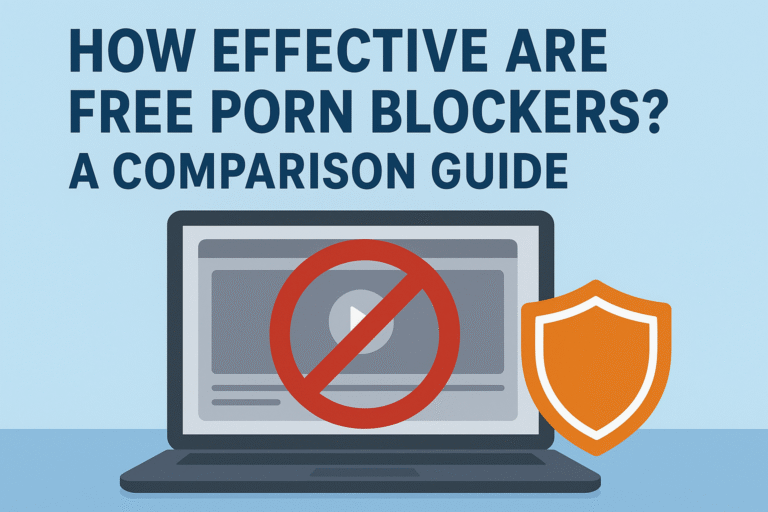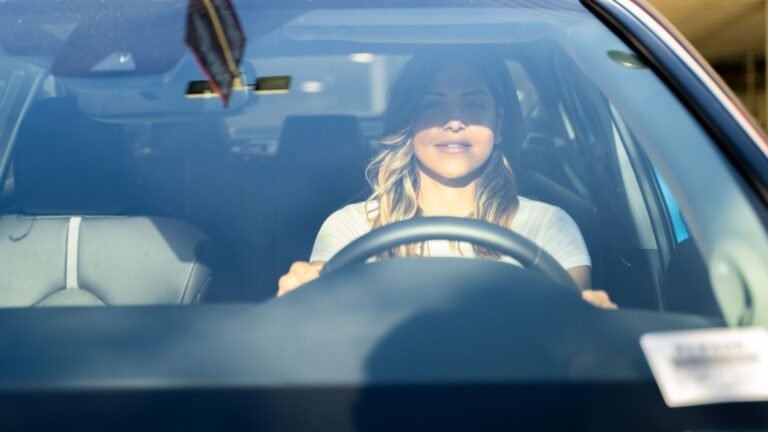Traveling with children is always an exercise in anticipation—packing their favorite snacks, arranging distraction for flights, and most importantly, ensuring every health need is covered. For parents of children on prescribed medication, crossing international borders like entering England brings a new layer of responsibility and paperwork. Understanding the specific requirements for carrying children’s medications, arranging a “Travel with medication letter,” and leveraging the convenience of online doctors and telehealth consults can make all the difference for a smooth and stress-free trip.
Why Extra Documentation Is Essential
Whether for asthma, diabetes, ADHD, allergies, or a temporary infection, children often require medicine while traveling. However, not all medications are easily accepted into foreign countries, especially those classed as controlled drugs or those exceeding usual carry-on liquid limits. UK authorities are extremely vigilant about imported medicines to protect public safety, requiring clear documentation that all substances are prescribed and intended for the listed traveler.
It’s not enough to have medicine in its original packaging. Customs officers may ask for proof—a doctor’s letter, prescription, or official travel documents. Failing to prepare the right paperwork can mean confiscation, delays, or added scrutiny that could disrupt your travel plans.
Key Regulations for England
The UK government has standardized regulations regarding traveling with medicines—especially for visitors arriving with children:
- Only up to 3 months’ supply of medication is permitted for non-residents.
- Controlled drugs (e.g., strong painkillers, ADHD meds, certain epilepsy medications) require additional proof.
- All medication must be accompanied by a “Travel with medication letter” signed by the prescribing doctor, confirming the medicine is for the child and not illegal or excessive.
- Names, travel dates, medication names, dosages, strengths, and doctor’s signature/stamp must be included in the documentation.
- Fit-to-fly certificates may be required for children with serious medical histories, especially for air travel.
- Dosages above country limits, or medicines not licensed in the UK, may require special approval via the Drug and Firearms Licensing Unit, or an in-country prescription from a UK doctor.
How Travel with Medication Letters Help
A “Travel with medication letter” is your child’s passport for medicine at UK airports and border crossings. Here’s what the letter should always include:
- Child’s full name and date of birth
- Parent’s full name and passport details (if traveling together)
- Dates and itinerary for travel to and from England
- A full list of required medicines (name, dose, frequency, strength, and amount being brought)
- The condition for which the medicine is prescribed
- Statement that the listed medications are medically essential and intended for the child
- Doctor’s full contact information, registration number, signature, and date
This letter should always be current, ideally dated within several weeks of travel and written in English. Originals are preferred, but carrying copies is also wise.
What Counts as Extra Documentation for Children
Besides a medication letter, parents should consider carrying:
- The original prescription(s) for all medicines—printed and digital
- Medical summary sheet with condition details, doctors’ contacts, and emergency action plans
- Fit-to-fly certificate (if required, especially for post-surgery, serious respiratory, or heart conditions)
- Child travel consent form if traveling with only one parent or a guardian
- Emergency contact list (including UK pediatricians, travel insurer numbers, embassy contacts)
- Insurance documents covering health needs abroad
Some medications (particularly controlled or injectable drugs) may warrant additional papers, such as import licenses or letters from specialists.
Packing and Presenting Medication for UK Travel
Pack your child’s medication in hand luggage, in original containers, with the pharmacy label attached. Never decant pills or syrups into unlabelled bottles—this can cause suspicion and delays. At the border or airport security:
- Present your medication letter and prescription on request
- Allow time for screening—customs may inspect containers, doses, or require explanation
- For liquids, exemptions to the 100ml rule are allowed for essential children’s medicine with documentation
- Bring extra supplies (but no more than the permitted amount) to cover unexpected delays or lost luggage
Even with perfect paperwork, medical devices (inhalers, EpiPens, syringes, pumps) may require further screening; always declare these items early.
Using Online Doctors and Telehealth Consults for Travel Documents
Thanks to advancements in telemedicine, obtaining a Travel with medication letter or a fit-to-fly certificate is easier than ever. Many reputable online doctors offer remote assessments and document generation, especially for routine childhood conditions. Here’s how the process works:
- Book a telehealth consult through a licensed platform (look for UK GMC-registered practitioners)
- Submit information about your child’s diagnosis, medication, and itinerary online
- Meet virtually with a pediatrician or family doctor for document review or updates
- Receive an electronic, signed, and stamped “Travel with medication letter”—downloadable and printable for travel
- Access ongoing advice for dose adjustments, emergency planning, and best practices for safe carriage
For last-minute trips, online doctors and telehealth consults allow speedy turnaround and real-time document fixes. Always choose regulated services that guarantee legal recognition at UK ports or airports.
Common Questions About Children’s Medication and Travel to England
Q: Will a digital medication letter be accepted?
Most UK authorities now accept electronic documents, provided they are signed and stamped by a licensed prescriber. However, carrying a printed copy is still advisable for older border posts.
Q: What if the medication is lost or runs out during the trip?
Locate a UK pharmacy and contact a local or online doctor for a replacement prescription. You’ll need your medical summary, prescription, and travel documentation for approval, and may have to pay for private prescription services.
Q: How far in advance should documents be prepared?
Aim to secure letters and prescriptions at least two weeks before departure for timely review and printing. If using online doctors, platform turnaround is typically 1-3 days.
Q: What happens if the medication is not approved for use in the UK?
Some medicines may be restricted, especially controlled narcotics or unfamiliar drugs. Contact the Drug and Firearms Licensing Unit or speak with online doctors for alternative treatments approved for UK use. In urgent cases, your embassy may offer guidance.
Essential Travel Tips for Parents
- Keep medicine, documents, and clearance letters together and accessible in your carry-on
- Download scanned copies to a secure cloud storage for emergencies
- Prepare children to answer basic health questions at customs—especially for teens who may be asked directly
- Research UK healthcare access near your destination: nearest hospitals, on-call doctors, and telehealth platforms
- Declare all medicines honestly—never omit anything from your paperwork or conversation with border officials
- Check latest UK government guidelines just before travel, as rules and lists of controlled medicines can change
For added peace of mind, parents can arrange virtual check-ins via telehealth consults during their stay in England, receiving updates on medication effectiveness, or getting emergency prescriptions instantly.
Conclusion
Traveling with children’s medication may seem daunting, but careful planning and smart use of modern healthcare resources, including online doctors and telehealth consults, make the process manageable and safe. The cornerstone is the Travel with medication letter, a robust, official tool that reassures border officials and assures your child’s wellbeing. Pack wisely, document thoroughly, and leverage technology for a trip that’s memorable for all the right reasons.



